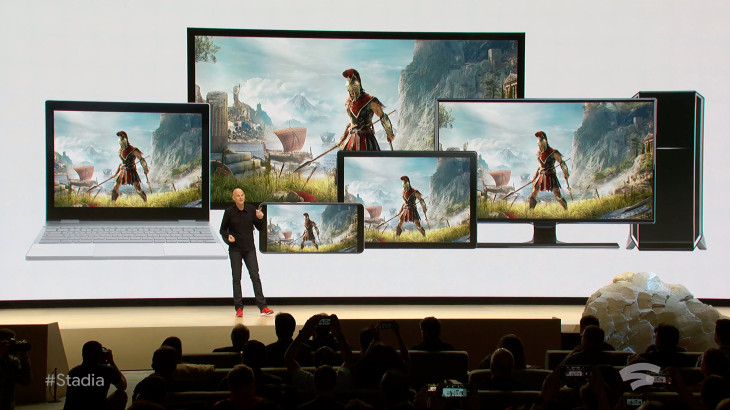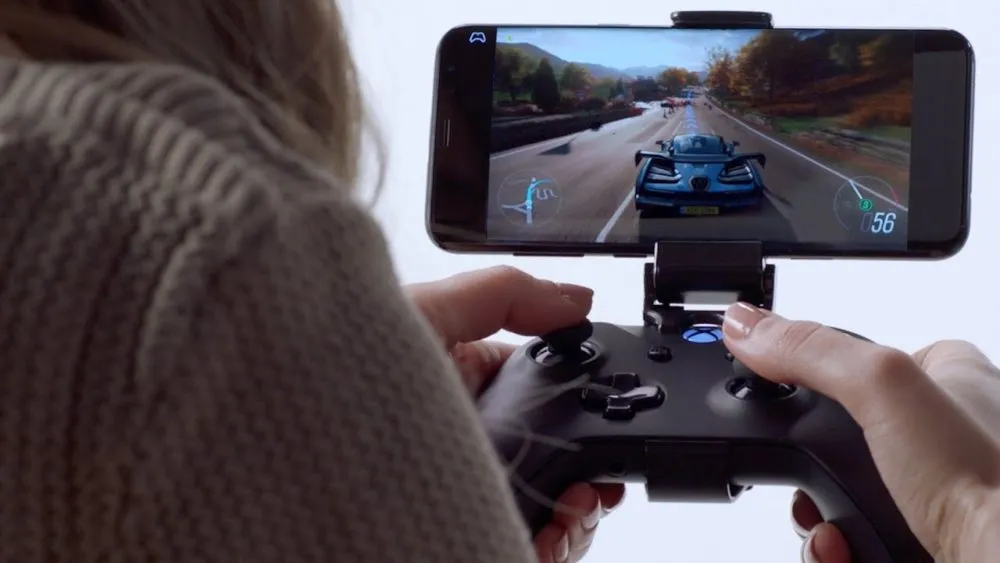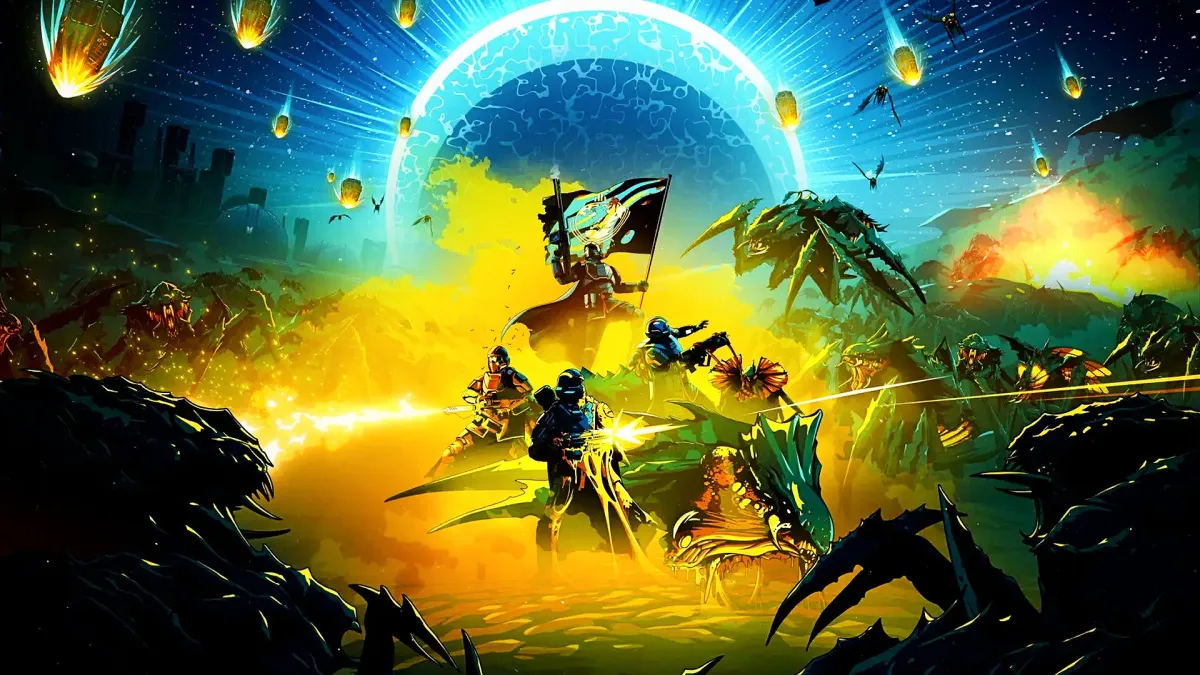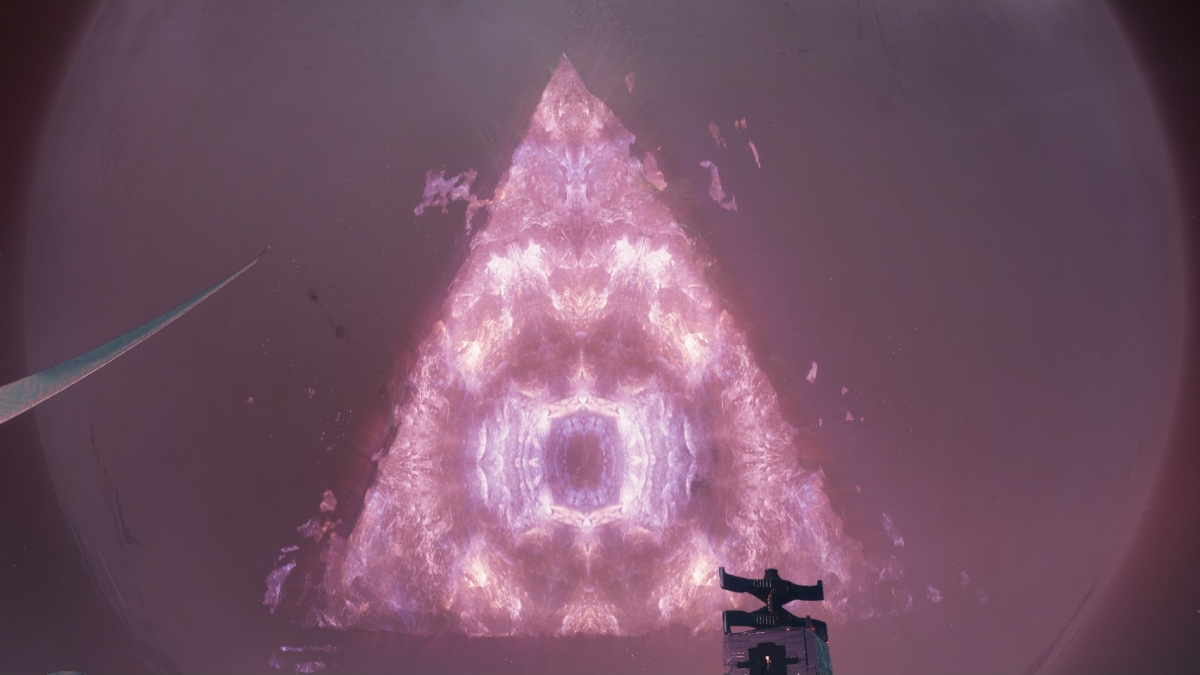Yesterday, Google announced Stadia, a digital platform that is capable of streaming AAA quality video games to virtually any device that can run YouTube. The presentation was hugely impressive, showcasing technology that many of us probably didn’t think was this close to being ready for prime time.
The reality is that the streaming future that we’ve all theorized, debated over, and been skeptical about is coming in 2019.
Of course, quite whether it will work in an everyday environment with millions of people using the network remains to be seen.
Google seems confident. They’re the first company to officially unveil this next-generation technology, and in the process, have totally rained on Microsoft’s big Project xCloud parade.
Technically speaking, yes, Project xCloud was revealed first, but that was more of a vague heads-up than a full announcement, which is almost certainly penned in for this year’s E3. With Sony out of the picture, I expect Microsoft to take center stage and drop some big bombshells about xCloud and the streaming future.
Unfortunately for them, Google has come from nowhere to steal their thunder. Whatever Project xCloud has up its sleeve, it rather feels as though we’ve had that streaming ‘ooh ahh’ moment already now with Stadia.
Executive Vice President of Gaming at Microsoft Phil Spencer has, in fact, already written a morale-boosting letter to his staff, reassuring them that Xbox is going to “go big” for E3. I’m not sure what that means, but I doubt xCloud’s approach to streaming is anywhere near as inventive as Stadia.
That’s not to suggest I’m writing xCloud off. On the contrary, I actually think Microsoft and the rest of the games industry has little to worry about from Stadia in the short term.
For one thing, Spencer is already confident xCloud can run on much slower connection speeds than Stadia. Where Google’s platform requires 25 Mbps, supposedly xCloud can operate in single figures.
That’s a new development from what we’d initially heard about xCloud’s connection requirements, and it would be a game changer if true.
Internet infrastructure is the biggest obstacle for any streaming service, no matter how snazzy the technology is. Being able to operate efficiently on slower connection speeds would open the hardware’s potential market to populous developing nations. Hell, even in many western countries the average internet speeds are well below 25 Mbps.
The reality is that Stadia is simply not going to work for properly for vast numbers of people if it requires that sort of internet speed.

In the race for streaming supremacy and the next generation of video games, visibility and availability will be key factors. If Microsoft can reach more users than Stadia to establish itself within the mindshare of the global gaming community, it will be well positioned to compete.
We need only look at this current generation for a case study of how brand power and mindshare can mitigate the advantages of more powerful and convenient technology.
Microsoft has taken big steps to recover the Xbox One’s disastrous launch in recent years, adding new features, services, and more powerful hardware.
What we’ve ended up with is a console that actually offers a better user experience than the market leader it trails, but it hasn’t really changed the narrative that PlayStation is the place to game.
Project xCloud can replicate that equivalent storyline for itself if it really can operate in regions where Stadia can’t. It can get ahead of the curve and get people invested in the Microsoft ecosystem long before internet infrastructure brings Stadia into the picture.
From what we know about the way the subscription revenue model works, once consumers are into an ecosystem they tend to remain so.
But Microsoft might not have to rely solely on outperforming and outreaching Stadia. The next generation of Xbox console, supposedly codenamed Scarlett, is set to take advantage of xCloud streaming as well as offering conventional offline gaming.
This best of both worlds approach is very desirable, offering improved performance via the cloud but not limiting gamers by high-performance internet requirements.
There aren’t that many gaming enthusiasts that are ready to make the jump to a totally digital system –myself included.
I’ve called Scarlett a dipping of the toe into streaming by Microsoft before, and I think this is a key part of what makes it a more appealing proposition than Stadia for now.
Until the internet speeds catch up, gamers will want the option to play physical games on conventional hardware.
They’ll also want to invest in a brand they associate with gaming. Google has no experience making games and no experience in the games industry.
Regardless of what was said at keynote to the contrary, no amount of scrambling for studio acquisitions and employing experienced developers can make up for that.
Of course, Google is banking on Stadia’s technology making games so effortlessly accessible that consumers will quickly drop their allegiances to their preferred console brands.
Just as we forgot about whether Sony or Phillips were the best brands of DVD machines when Netflix arrived, so too might we stop caring about consoles when we can just access games through our internet browser on any device.
Exclusive game content, however, makes the games industry a little different to those other mediums. Just has always been the case in every console war since the beginning of the industry, exclusive content makes a platform appealing to consumers. That isn’t going to change.
Where we have seen an evolution of that principle is in the case of Microsoft and Nintendo’s new partnership. Moving forward, Xbox will benefit from more Game Pass subscriptions and Nintendo from Microsoft’s online infrastructure.
But this carefully selected, win-win arrangement between the two doesn’t diminish the importance of exclusives. The appeal of any future game platform will still be first and foremost which games can be played there. Microsoft will be careful to keep its content and ecosystem far away from direct rivals like Stadia.
In doing so, their upcoming Scarlett console, powered by an xCloud that is potentially more useable for a greater volume of people, will be more attractive to consumers.
As tempting as it is to get carried away with how impressive Stadia’s approach to streaming, a combination of its limited reach, lack of exclusives, and Google’s inexperience in the games industry means it’s unlikely to penetrate the market deeply enough to upset the big three in the short term.
As internet infrastructure improves, though, the number of Stadia users will grow and the interest from game developers wanting to sell games to them will surely follow. The exact time frame remains to be seen. The longer the better from Microsoft’s point of view, but they’ll certainly need to be prepared with new iterations of their services and enticing new games to provide gamers a reason to stay on board.




